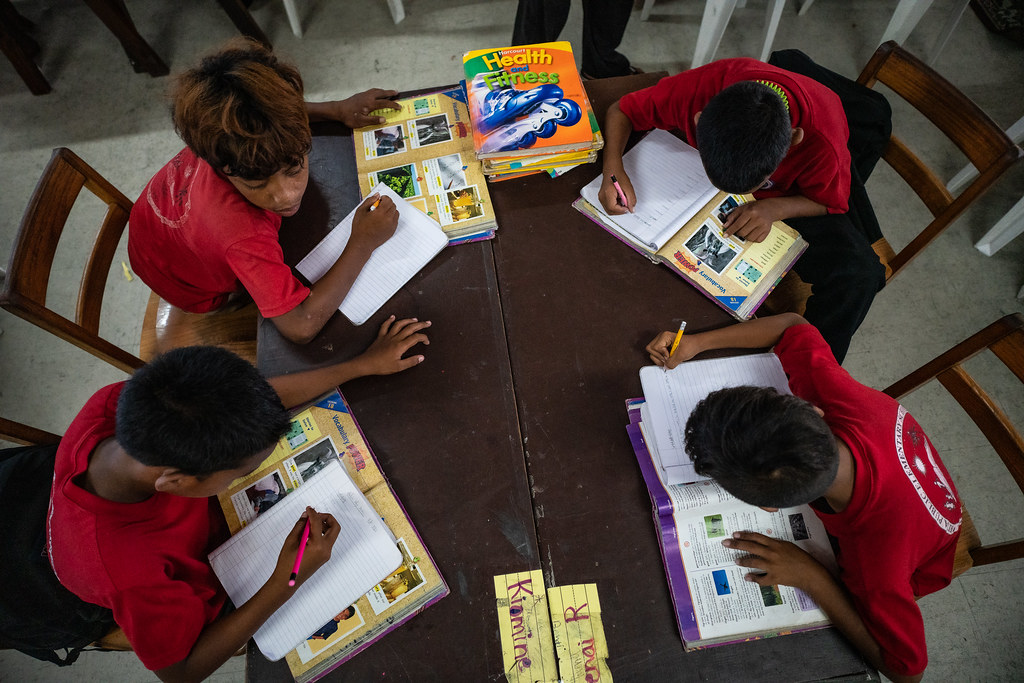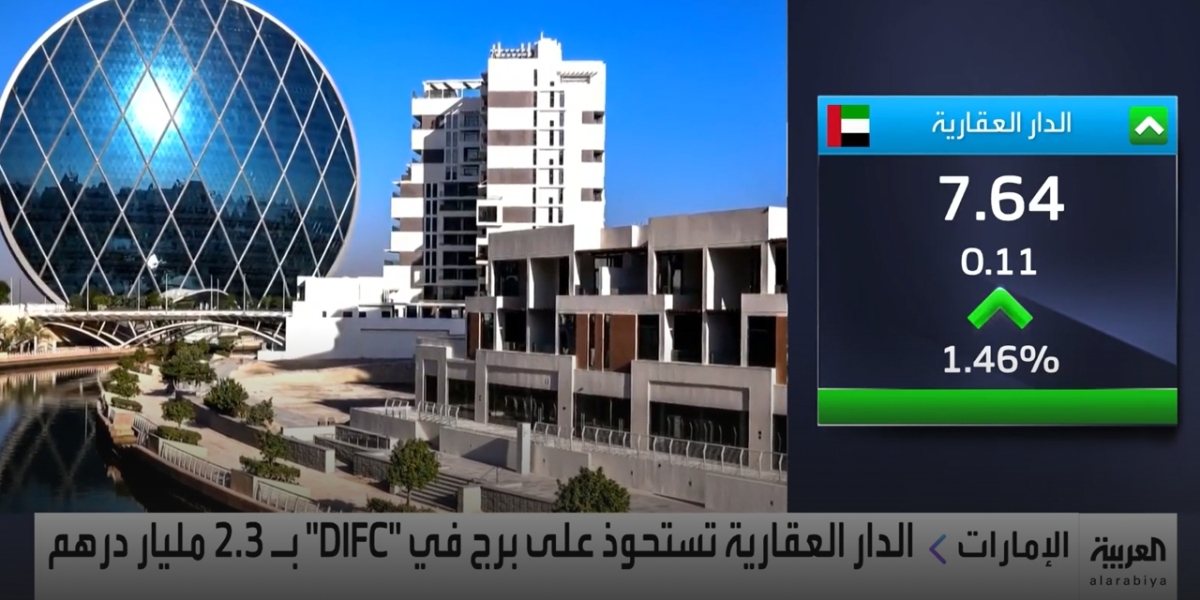
RMI Education and Skills Strengthening Project
The Government of the Republic of Marshall Islands has gotten financing from the World Bank for the Education and Skills Strengthening Project (ESSP) expense. It means to use part of the proceeds for speaking with services.
The consulting services ("the Services") will help the Project Manager and the RMI National Training Council in carrying out the World Bank-funded job efficiently.
The project will concentrate on supporting the Project Implementation Unit (PIU) in developing a structure for Recognition of Prior Learning (RPL) for TVET, targeted at helping the College of the Marshall Islands and the RMI National Training Council examine and boost the skills of workers through accredited college accreditation.
The detailed Terms of Reference (TOR) for the assignment are shown in the attached Terms of Reference (ToR).
The National Training Council now welcomes eligible people ("Consultants") to suggest their interest in offering the Services. Intrigued Consultants must supply info demonstrating that they have actually the required credentials and appropriate experience to perform the Services (connect a Cover Letter of no greater than 4 (4) pages dealing with the mandatory experience and credentials requirements curriculum vitae with a description of experience in similar tasks, comparable conditions, and so on). Companies' personnel may reveal interest through the using firm for the project. In such a scenario, only the experience and certifications of people will be considered in the selection process. The criteria for electing the Consultant are: A.
Mandatory Qualifications and Experience Master's degree in education, training
, management, or an associated field. Minimum of 5-10 years of experience working in TVET System. Curriculum Design and Systems.
Have 2-5 years' experience creating and
implementing RPL. structures, policies, and treatments. A sample of previous work will be required as proof of previous experience. Outstanding interaction, training, and assistance
abilities. Experience with working with diverse stakeholders, consisting of government. agencies, TVET institutions, employers, and students in the Pacific. B. Desired Qualifications and Experience Capability to deal sensitively in a multicultural
environment and construct reliable team relationships with clients and appropriate stakeholders. The attention of interested Consultants (consisting of firms )is drawn to paragraphs 3.14, 3.16 and 3.17 of the World Bank's"
Procurement Regulations for IPF Borrowers "July 2016 modified November 2020" Procurement Regulations ", stating the World Bank's policy on conflict of interest. Additional info can be gotten at the address listed below during workplace hours, 0900 to 1700 local time. Expressions of interest should be
delivered in a written type to the address listed below (face to face or by e-mail )by 5:00 pm, 23rd December 2024.
The subject line needs to state:"National Training Council Strategic Plan Consultant -complete name of the prospect". Julius Lucky Director National Training Council!.?.!ntcdr@ntcinfo.org:Phone: 692 625-4521 Empowering Community Champions for Sustainable Development in rmi national training council Gender Equality, Climate Resilience and Water Safety Training Majuro,
Republic of the Marshall Islands: The 4th
Women and Youth Training for
Gender Equality, Climate Change, Disaster Risk Reduction and Water Safety Management has actually recently taken place at the University of the South Pacific's campus in Majuro, the Republic of the Marshall Islands(RMI ). This crucial training was organized by the United Nations Development Programme( UNDP )Pacific Office through the Addressing Climate Vulnerability in the Water Sector(ACWA) job. The week-long capacity-building training aimed to empower women and youth with the understanding and practices needed for climate-resilient water safety management in the
Republic of the Marshall Islands(RMI ). This training strengthens a dedication to boosting RMI's water security and community resilience against climate change effects, especially females
and youth, guaranteeing that no one is left. The training invited participants from all 24 atolls and included resource speakers from federal government firms, non-governmental companies, and worldwide advancement partners from the RMI Environmental Protection Authority, Climate Change Directorate, Office of the Chief Secretary, Ministry of Culture and Internal Affairs, National Disaster Management Office, Women United Together Marshall Islands, RMI Human Trafficking Task Force, Waan Aelõñ in Majel, Jo-Jikum, and the International Organization for Migration. In her opening remarks, Secretary for the Ministry of Culture and Internal Affairs, Brenda Alik, highlighted the significance of cumulative action in developing a climate-resilient nation."It is our responsibility to come together and interact. As we deal with the challenges presented by climate change, understanding its influence on our water resources is vital for enhancing the well-being of neighborhoods across the Marshall Islands,"she said.
RMI Environmental Protection Authority General Manager Moriana Philip highlighted in her speech the important function of females and youth in attending to climate-related difficulties."This workshop unites us from numerous communities to address the pressing problems we deal with today, including climate-related difficulties, especially on our water resources."We wish to emphasize the important function of women and youth in this project as your involvement is instrumental to its success and beyond, "she said.
The very first day of the workshop covered crucial issues associated with gender equality, human rights, and public health within the Marshall Islands. It included discussions on gender equality and mainstreaming, focusing on the effects of climate change on water security and the out of proportion results on vulnerable groups. The value of integrating gender equality and social inclusion into all job aspects was also gone over. Human rights and human trafficking were tackled, stressing the need for detailed protection of susceptible populations

during emergencies. In addition, the workshop addressed gender-based violence, highlighting the various types that can occur in disaster circumstances, such as domestic violence and sexual coercion. The agenda concluded with a focus on sanitation and health and their crucial role in health, incomes, school presence, dignity, and structure durable neighborhoods. ACWA Project Manager Koji Kumamaru expressed his appreciation to all individuals
, emphasizing the value of their contributions to their neighborhoods."Women and youth are essential to the success of the ACWA task. More importantly, you are the champions and future leaders who will go back to your neighborhoods to empower others,"he stated. During the workshop, individuals checked out Rongrong Island and took a look at the 15,000-gallon Flatpack Modular water tank installed at the Rongrong High School Boys Dormitory as part of the ACWA project. The installation is a crucial part of the project, complemented by support from Australia
's Department of Foreign Affairs and Trade. The check out worked as an important firsthand experience of the positive impact of the ACWA project on the community and its
water resources. Marie Naisher from Jabat Island expressed her thankfulness for the opportunity to join the workshop and made clear her desire to be part of the project when it reaches Jabat.
"This was my very first time taking part in such training, and I found out so much from the visitor speakers, group activities, and the site see. I now comprehend the value of clean water and how to sanitize it. I'm excited about the ACWA job pertaining to Jabat and all set to help when it shows up,"she said. Don Kobney, an ACWA website organizer from Santo, Kwajalein, also shared his excitement."The workshop and website see enhanced my self-confidence and understanding of the water tank setup.
Seeing the 15,000-gallon flatpack modular water tank firsthand gave me a clear understanding of the system, and I'm anticipating sharing this understanding with my community, "he stated. By the workshop's end, individuals were better geared up to comprehend climate modification and its local effects, drive adaptation and mitigation efforts, especially in water security, and make use of new resources to impact their neighborhoods positively. ACWA is enabled thanks to the assistance of the Green Climate
Fund, with the job co-financed by the Government of the Republic of the Marshall Islands
. The Marshall Islands: Skills Training and Vocational Education Project Evaluates the efficiency of the task and highlights lessons. Offers inputs to two broader examinations- the regional evaluation of ADB support for the Pacific and the unique examination study on Millennium Development Goals. The low instructional attainment and scarcity of Marshallese skilled workers were largely due to the poor quality of standard education, absence of access to education in the external islands, and weak points in skills training and the professional and technical education system.
These supported an economy marked by high joblessness because of constrained economic sector development and government downsizing. Unemployment was particularly high among the youth and women in the outer islands. Suitable local knowledgeable workers for existing job vacancies
were unavailable, for this reason the importation of appropriately skilled foreign employees. Therefore, there was an inequality between offered jobs and skills of the Marshallese labour force. These conditions supplied the effort for the Government
of the Marshall Islands to prioritize technical and occupation education training reforms. In 2000, ADB approved a loan for $9.1 million to improve abilities training to supply well-trained employees required for continual financial and social development. This was to be achieved through an integrated nationwide skills training system. The task consisted of four components: development of a career awareness program, skills training improvement, boosted skills training opportunities for females and youth, and institutional fortifying. The expected outcome was increased income-generating chances and employment for trainees, especially ladies and youth in the external islands. In general, the task was rated unsuccessful. Restricted progress was attained in making the project responsive to the requirements of its beneficiaries and private-sector companies. The long-standing weak point of poor numeracy and literacy proficiencies
amongst public elementary and secondary school graduates and dropouts getting in college or attending voc-tech education could be partly credited to the poor quality of standard education. The task was supply-driven and might not establish a strong linkage with economic sector requirements or align its activities with the requirements of the labour market. The status of the technical and trade education training system has actually remained essentially the exact same after job conclusion. The research study advanced that ADB could encourage the Government of the Marshall Islands, through assessment and policy discussion, to follow through on the government's
dedication to establishing a committed labour details system to link technical and vocational education training program offerings with industry demand. Although the job established a labour market details system, in the absence of in-house personnel capability at the National Training Council, it was not fully operational.








